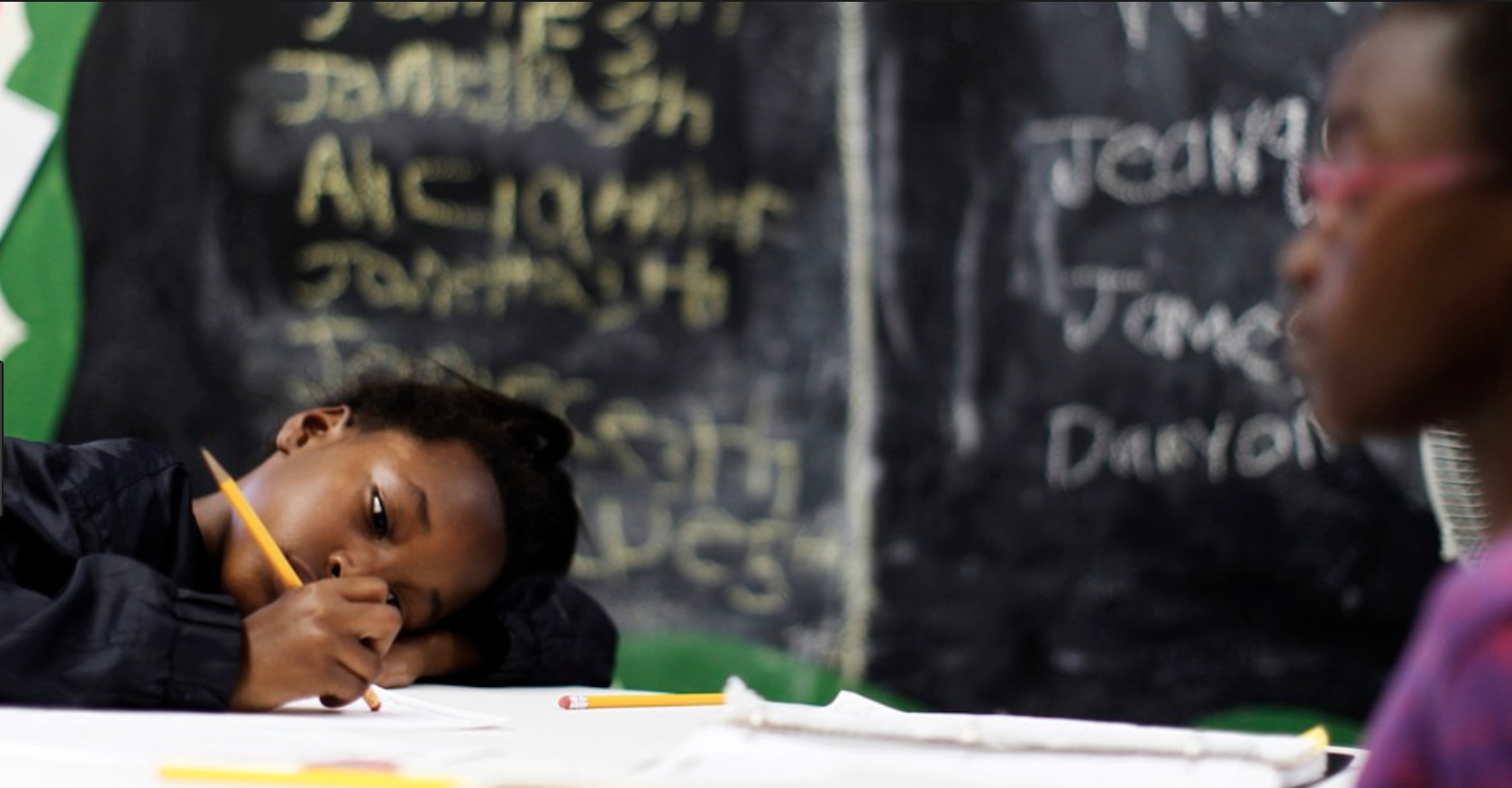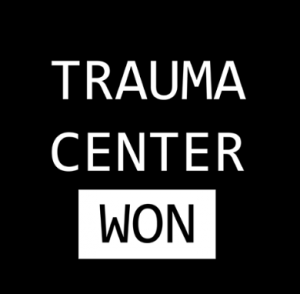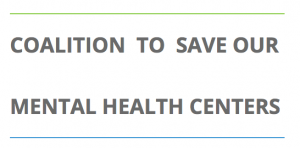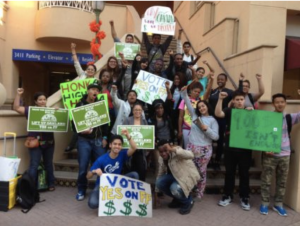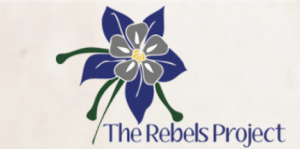These grassroots organizations are focused on empowering individuals and communities in cities, which have been significantly affected by trauma, whether it be perpetual exposure to traumatic experiences or singular events that rock communities to their core. These grassroots organizations below are primarily started and run by individuals affected by trauma. Through various approaches, these organizations work to being their communities together with the objective of building support networks for those affected by trauma, while also working to educate and train each other about how to recognize, respond, and build resilience to trauma in their respective communities. Additionally, groups are demanding greater access to medical resources and trauma care.
Hope & Healing: Chicago, Illinois
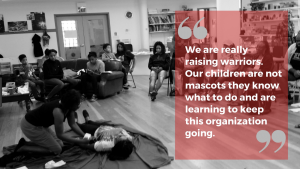
https://umedics.org/
UJIMAA Medics is a black community of organizers, activists, pastors, healthcare professionals, mothers, brothers, sisters, fathers, cousins, and friends in Chicago, Illinois. The members of this organization do not wish escape the “hood,” they wish to “stay and just make it better.” In the Chicago communities where the members live, they believe there have been too many funerals, too many unnecessary deaths that could have been prevented if there were more accessible trauma and medical centers.
Hospitals have been slow to open trauma centers so UJIMAA has turned to training members of community. UJIMAA cites a study that reports 6-20% of trauma victims who die at the scene of an injury, in an ambulance, or within 4 hours of hospital arrival, actually had survivable injuries.
UJIMAA’s Workshops teach community members how to protect themselves, help those who are injured, manage chaos, and how to talk to police when paramedics arrive. UJIMAA works to build relationships with other organizations fighting “against the conditions that cause illness and violence” in their communities. At the heart of their organization is the idea: “We can and must learn how to care for ourselves and each other, because no one can ever love us like we love us.”
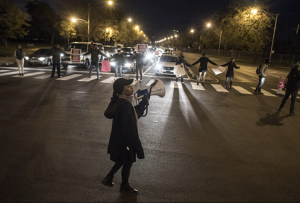
http://www.stopchicago.org/
STOP is a community that aims to empower residents from the Southside of Chicago to “impact the forces and decisions that affect our lives.” STOP focuses on organizing, educating, and developing leaders in communities that significantly affect by issues such as gentrification, displacement, incarceration, the criminalization of youth, and urban health.
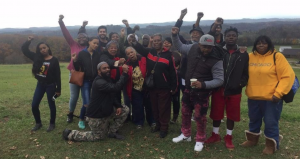
http://www.stopchicago.org/
STOP is made up other member organizations such as The Youth Justice Program, the Mental Health Movement, and the Chicago Tenants Council. In terms of organization related to trauma, STOP members, primarily youth, have been involved in the advocacy for the opening of trauma centers in the Southside of Chicago, and have also worked with the hospitals sponsoring these trauma centers to help design how these trauma centers should look, and what types of programs they should include.
https://www.traumacenternow.org/
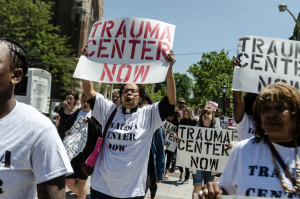
https://www.facebook.com/traumacenternow/
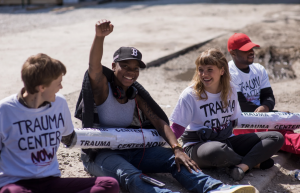
https://www.traumacenternow.org/
Trauma Center Now is a “Trauma Care Coalition” of six member organizations: Southside Together Organizing for Power (STOP), Kenwood Oakland Community Organization (KOCO), Jewish Council on Urban Affairs (JCUA), National Nurses United (NNU), Students for Health Equity (SHE), and Prayer and Action Collective (PAC). This is a grassroots coalition made up of multiple smaller grassroots organizations based in communities in the South Side of Chicago. Together, these organizations organize to hold hospitals accountable to their promises to open trauma centers, which have been closed down in the past in Chicago.
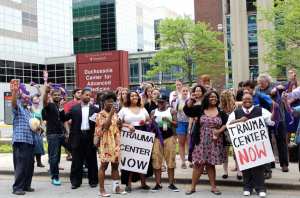
https://www.traumacenternow.org/
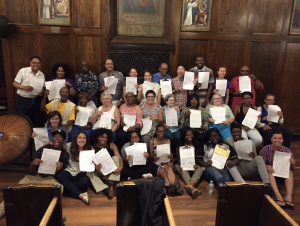
Members of the Coalition from the West Side following their 2016 summer campaign to get 10,260 signatures to authorize the November ballot referendum for Expanded Mental Health Services Program (EMHSP)
The Chicago Coalition to Save Our Mental Health Centers (CSMHC), started in 1991, works to implement expanded mental health services programs (EMHSPS) to ensure low-income and underinsured Chicagoans have access to quality and affordable mental health services. Since the CSMHC was founded they have fought to keep mental health centers open and fully funded, designed mental healthcare services to make up for services cut by the city, promoted legislation and referendums that expand access to health care, and opened a community health center.
Hope & Healing: Cities Around the Nation

https://traumainformedla.org/who-we-are/
Trauma Informed LA (TILA) is an all-volunteer grassroots organization founded in 2014. Members of TILA work to educate and inform LA communities about trauma and its impact, and also to promote methods of healing and well-being through “collaboration, education, and community engagement.” TILA programs work to help communities realize the impact of trauma and to understand paths of recovery, to recognize the signs of trauma, and to respond to the system that enables trauma by incorporating information about trauma into policies, procedures, and practices that “seek to actively resist re-traumatization.” TILA works to fulfill this mission through constant programming and collaboration with members of LA communities.
https://vimeo.com/31826043
Featured in video: The Urban Peace Movement organized a rally, which brought together local grassroots organizations working to combat community violence by addressing various issues via community empowerment
Urban Peace Movement (UPM) is a grassroots organization that focuses on building youth leadership in Oakland, California in order to transform the social and cultural conditions that generate violence and lead to incarceration in communities of color. UPM employs a model of Healing-Centered Youth Organizing” which empowers young people of color to work for healing and social justice simultaneously. In terms of healing and cultural change, this group works on ways to improve how community members relate to one another in an effort to reconfigure cultural norms to “build a culture of peace.” UPM has one program called “Healing the Healers” which is an initiative to teach young people who are often exposed to trauma, about what trauma is and how to manage the trauma they experience themselves.
https://solidaritycville.wordpress.com/
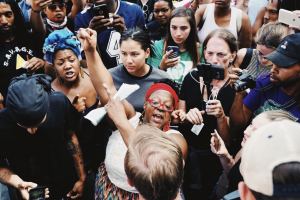
https://medium.com/@solidaritycville/charlottesville-organizers-ask-you-to-take-these-8-actions-b50ec8c3cfbb
SOLIDARITYCVILLE identifies themselves as a grassroots media collective of activists from Charlottesville, North Carolina working to promote community defense and racial justice in resistance to white supremacists rallies. In 2017, a protest of white-nationalists groups turned violent, killing one woman and injuring 19 others. Shaken by the traumatic event, members of the Charlottesvill community came together to establish a media outlet through which they could magnify the marginalized voices of Charlottesville. Social media has become an increasingly popular platform for activists as it is both accessible, requires little resources, and is far-reaching. As such, it is important to recognize different manifestations of leadership and grassroots organizing. SOLIDARITYCVILLE has allowed a traumatized community to build a network of support and speak their truth, as well as prepare for future resistance organizing.
The Rebels Project came about in the aftermath of the 2012 Aurora Theater shooting, which took the lives of 12 people and injured 70. The organization was formed by survivors of the 1999 Columbine shooting. The Rebels Project is focused on supporting and connecting survivors of mass tragedy and trauma through the creation of “safe” spaces where traumatized victims can share their stories and experiences as well as resources. Additionally, The Rebels Project provides education communities about the effects of trauma.
